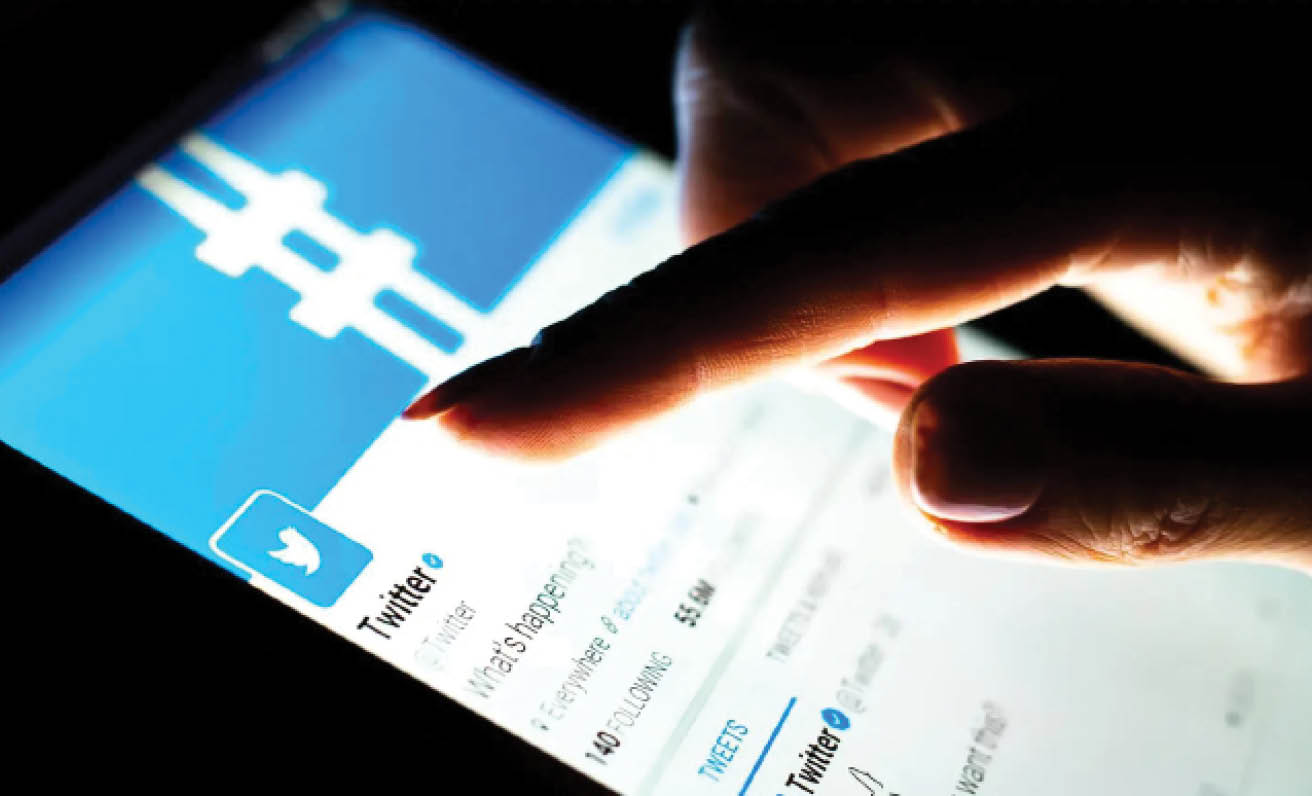Last week, Nigerians – particularly those online – were terrified by the shocking news of a young woman in Abuja named Ameerah who had tweeted that she had alongside other women and children, been kidnapped. The story had all the elements: Danger, tragedy, suspense, drama, and even a sprinkling of outrage. It also had a potential heroine in the person tweeting the unfolding yarn, wherein she was sharing her location via her phone, for netizens to share with police and hopefully get her rescued. All sounds great, right? Wrong. It was proven to be grossly inaccurate. If you believe Twitter users, that is, with Twitter being exactly where this whole fiasco began.
Tweets and even voice notes supposedly sent by the ‘victim’ also went viral, and the hashtag #Ameerah trended for five straight days, before it took another turn. Tweets were made that allege she faked the ‘kidnapping’, and even the police also announced that they had her in their custody, and that she was receiving medical checks to ensure she is in good health. The tone of the statement was off, almost like it was being evasive on purpose. But one thing was missing: a proper update on the story itself, and the circumstances surrounding the whole matter. Nigerians were again left at the mercy of the internet for information. Now, even at the best of times, that’s a terrible thing to even consider.
All that is in sharp contrast to when the whole thing first broke on Twitter, when the police came on it in a most professional manner, which I found refreshing, even if unusual. Even the response to cynical Nigerians was quite impressive. But as everything came to a head, it’s been radio silence and crickets, with little or no updates offered. One would think that for a case which garnered the nation’s attention, it would be a no-brainer to showcase efficacy and milk the situation PR-wise. We are still waiting for that in-depth update, and quite frankly it doesn’t look like it’s coming anytime soon.
Back to the main perp, if Ameerah is indeed guilty of fabricating her own kidnapping, then she should face consequences of some sort. Her story held the nation spellbound and gasping for breath. Well-meaning Nigerians were actually heartbroken, and did all they could to help the situation by re-tweeting and tagging all kinds of authorities and influencers, and even mainstream media picked it up, though cautiously, might I add. Yes, we’re all guilty of one form of social media infraction or the other (I’m looking at all of you WhatsApp message-forwarders and broadcasters). Many of us are Ameerah, really, even if it’s to varying degrees and depths. And we can all be found on the internet, for better or worse.
A sore point in all of this is the crystal-clear danger of crying ‘Wolf!’ as seen in the case of the young dentist who died during the horrific attack on the Kaduna bound train from Abuja, when she tweeted about being shot, and trolls jeered replies like ‘If indeed you’ve been shot, how come you’re tweeting?’ Of course we all know she bled to death afterwards, from bullet wounds courtesy of the murderous terrorists romantically called ‘bandits’. But I digress. Sadly, even when a victim was legitimately tweeting for help, she was pooh-poohed by nasty people on Twitter, much more someone like Ameerah who has allegedly made up her own supposed tragedy, automatically gifting agency to trolls and virtue signalers everywhere.
This brings us to the average Nigerian internet (social media) user, who is a walking, talking embodiment of manufactured and convenient outrage. These twisted versions of social justice warriors and virtue-signalers are part of hive-minded echo chambers who serve celebrities from all imaginable fields including politics. They also are mostly just plain, vanilla-flavored nitwits, all spewing hate and peddling ignorance like stale wares. But the main villain in all of this is our society, which lacks information, or institutions that diligently and ethically provide it, leading to fake news and misdirection being the order of the day. This leaves us in very dire straits indeed, often presenting even some of the best of us as some of the worst, all on the internet, and for the whole world to see.

 Join Daily Trust WhatsApp Community For Quick Access To News and Happenings Around You.
Join Daily Trust WhatsApp Community For Quick Access To News and Happenings Around You.


